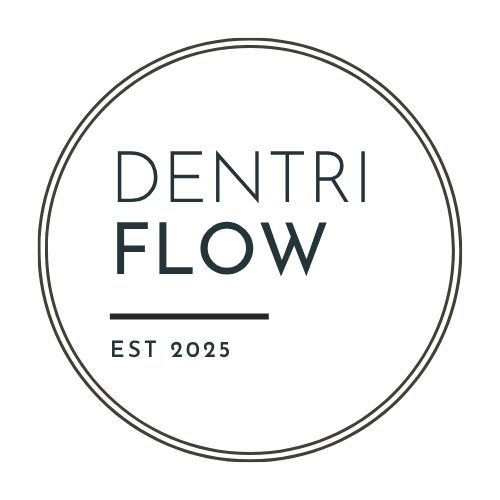Tickets & Incidents Templates Hub
A centralized landing page listing all IT tickets and incident-management templates in one place—perfect for teams to browse and deploy exactly what they need.
Problem It Solves
IT and operations teams often waste time hunting through multiple pages or spreadsheets to find the right template for logging tickets or incidents. This fragmentation leads to inconsistent processes, duplicated effort, and slower response times. By consolidating every ticket and incident template into a single, organized hub, teams can quickly locate, review, and deploy the exact workflow they need, reducing confusion and accelerating resolution.
Process Overview
Navigate to the Templates Hub to see all ticket and incident-management workflows grouped by category (e.g., Incident Reporting, Ticket Automation, Escalation Flows).
Browse each template’s name and one-line summary to find the right fit (e.g., “IT Help Desk Automation” or “Security Incident Report Form”).
Click “View Details” on a chosen template to read its full description, key features, and pricing.
Select “Deploy Template” to have us configure that workflow for your environment (no manual setup on your end).
Receive a confirmation when the template is live, with instructions on how to share or embed it for your team.
Key Features & Capabilities
Centralized Catalog
All IT tickets and incident templates are listed in one place—no more jumping between menus or bookmarks.Categorized Browsing
Templates grouped by function (e.g., “Incident Intake,” “Ticket Routing,” “Security Reports”) so you can narrow down by use case.One-Line Summaries
Every template shows a concise description—instantly understand what it does before clicking through for details.Live “Deploy” Buttons
One click sends your request to us; we handle the setup, mapping fields, and configuring notifications so you never do it manually.Real-Time Availability
See which templates are ready to deploy now versus coming soon or requiring additional configuration—no guesswork.Consistent Layout
Every template detail page follows the same structure: Problem, Process, Features, Use Cases, Prerequisites, and Pricing, so you can compare offerings side by side.
Typical Use Cases
IT Manager
Needs a quick way to onboard a new “IT Help Desk Automation” flow. Visits the hub, finds the template, and clicks “Deploy.” Within hours, the team has AI-powered triage and ticket creation notifications set up.Security Operations Lead
Looking for a “Security Incident Report Form” to capture attack vectors and severity. Browses the hub, reviews the template’s features, and requests deployment, getting a ready-to-use form in under a day.Facilities Coordinator
Wants a “Workplace Incident Report Form” for logging safety or security issues. Uses the hub’s category filter to find it, deploys the template, and shares the embed link with the entire company.
Prerequisites & Client Responsibilities
Design & Branding Assets
Provide logo, preferred color palette (hex codes), and any custom branding elements so each deployed template matches your company’s style.Notification Channels
Decide whether incident or ticket alerts go to email, Slack, or another messaging system; share channel names or email addresses.Form & Field Requirements
For each template you deploy, confirm any custom fields or dropdown values (e.g., severity levels, incident types) so we can adjust the form schema on your behalf.Access to Downstream Tools (Optional)
If a template needs to integrate with Jira, Zendesk, or similar, provide API tokens or integration details; otherwise, we default to storing submissions in centralized Tables.Stakeholder Roles
Identify who should receive alerts, reminders, or escalation messages for each template type (e.g., IT lead, security manager, facilities supervisor).SLA & Reminder Rules
Define any follow-up timeframes (for example, “Critical incidents must be escalated within 1 hour”) so we can configure automated reminders without additional back-and-forth.
Pricing
One-Time Setup (Hub Configuration + Guidance): $400
(Organize templates into an easy-to-navigate hub, apply branding, and provide guidance on usage.)Monthly Support: $85/month
(Maintain the hub, update template listings or descriptions, adjust integrations, and troubleshoot as needed.)

